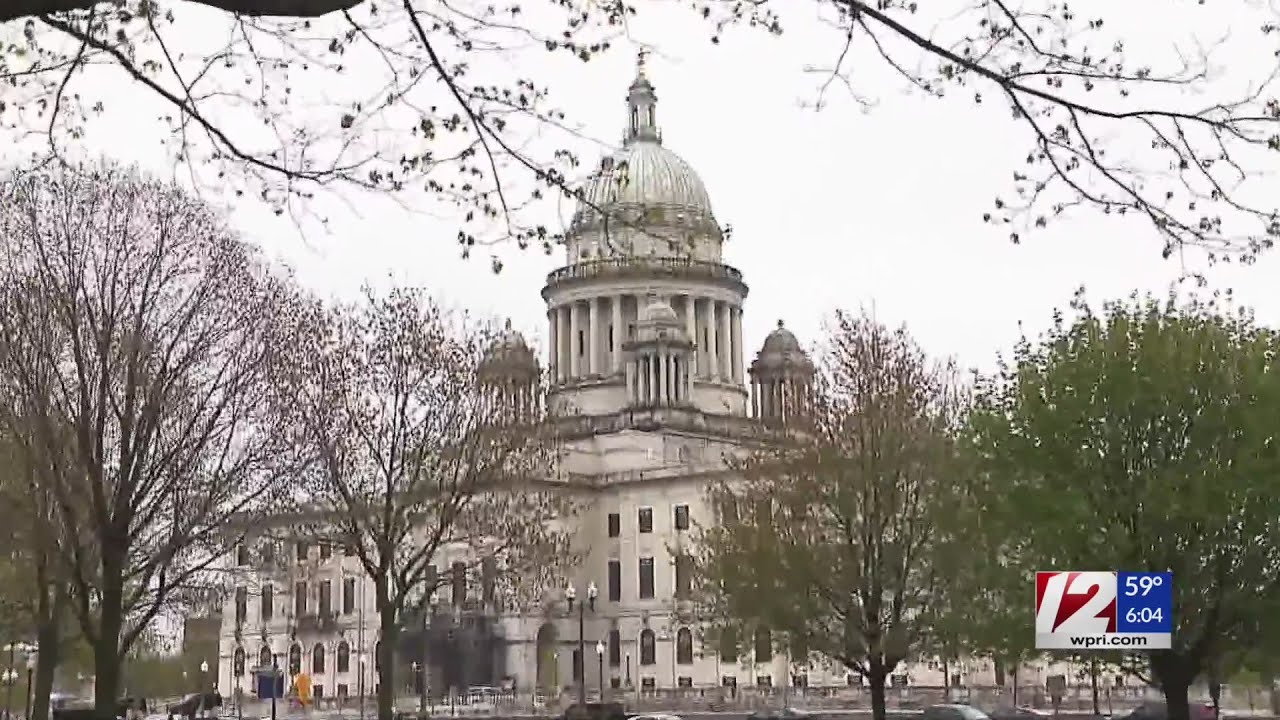Understanding the Legal Status of Abortions in Rhode Island
Abortion is a highly controversial and sensitive topic in the United States, and the laws surrounding it vary from state to state. In this article, we will explore the legal status of abortions in Rhode Island, focusing on the state’s historical approach to reproductive rights, the current legal framework, and the potential future changes to abortion laws.
Evolution of Abortion Laws in Rhode Island
The history of abortion laws in Rhode Island has seen significant changes over the years. Prior to the 1973 landmark Supreme Court case, Roe v. Wade, Rhode Island had strict laws criminalizing abortions except to save the life of the mother. However, after the ruling, which recognized a woman’s constitutional right to privacy and access to abortions, the state began to revise its legislation.
Current Legal Framework on Abortion in Rhode Island
Currently, Rhode Island has a more progressive stance on abortion compared to many other states. In 2019, the state passed the Reproductive Privacy Act, which ensures that the right to abortion is protected by state law. This legislation allows a woman to terminate her pregnancy up until fetal viability, or around 24 weeks, with certain limitations.
Rhode Island’s Approach to Reproductive Rights
Rhode Island has long been a champion of reproductive rights. The state recognizes a woman’s autonomy over her reproductive decisions and supports access to comprehensive reproductive healthcare services, including abortion. This approach is aligned with the belief that individuals should have control over their own bodies and the ability to make choices regarding their reproductive health.
Constitutional Protections for Abortion in Rhode Island
The constitutional protections for abortion in Rhode Island are primarily derived from the Supreme Court’s decision in Roe v. Wade. In this landmark case, the Court ruled that a woman has a constitutional right to choose to have an abortion, as long as it is within certain parameters. This ruling has had a significant impact on the legal landscape surrounding abortion in Rhode Island.
Legislative Measures Impacting Abortion in Rhode Island
In addition to the Reproductive Privacy Act, Rhode Island has implemented other legislative measures to ensure access to abortion services. These include mandating private health insurance coverage for abortion, protecting reproductive rights in the workplace, and requiring public schools to provide comprehensive sex education. These measures aim to safeguard and promote reproductive rights throughout the state.
Analysis of Roe v. Wade’s Influence on Rhode Island’s Abortion Laws
Roe v. Wade played a crucial role in shaping Rhode Island’s abortion laws. The Supreme Court’s decision established a legal precedent that protects a woman’s right to choose to have an abortion. This precedent has influenced the development of Rhode Island’s legal framework, ensuring that individuals have access to safe and legal abortion services.
Rhode Island’s Response to Federal Abortion Regulations
Rhode Island has taken steps to counteract federal abortion regulations that seek to restrict access to abortion services. The state has enacted laws to protect reproductive rights and maintain access to comprehensive reproductive healthcare, regardless of any changes to federal policies. This commitment reflects the state’s dedication to upholding the rights of its residents.
Accessing Abortion Services in Rhode Island
In Rhode Island, accessing abortion services is generally accessible and available through various healthcare providers. The state has multiple clinics that specialize in reproductive healthcare and offer abortion services. Additionally, hospitals and private healthcare facilities may also provide abortion services. However, it is essential to remember that certain restrictions and regulations may apply.
Challenges and Restrictions on Abortion in Rhode Island
While Rhode Island has made significant progress in protecting and ensuring access to abortion, there are still challenges and restrictions in place. Some of these include mandatory waiting periods, parental consent for minors seeking abortion, and limitations on public funding for abortion services. These restrictions can pose barriers for individuals seeking abortion care and may disproportionately affect marginalized communities.
Public Opinion and Abortion in Rhode Island
Public opinion on abortion in Rhode Island varies, with a majority of residents supporting a woman’s right to choose. According to polls conducted in recent years, a clear majority of Rhode Islanders believe that abortion should be legal and accessible. This public support for reproductive rights has likely influenced the state’s legislative response and commitment to protecting access to abortion services.
Future Outlook: Potential Changes to Abortion Laws in Rhode Island
Looking ahead, Rhode Island’s future stance on abortion laws remains uncertain. While the state currently has robust protections in place, the political climate and public opinion can shift over time. There is always the possibility of legislative changes, court rulings, or shifts in federal policy that could impact the legal landscape surrounding abortion in Rhode Island. It is crucial for advocates and lawmakers to remain vigilant in protecting reproductive rights and ensuring access to safe and legal abortion services for all individuals in the state.





